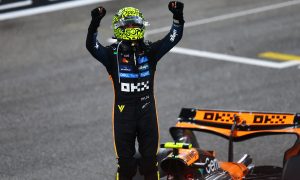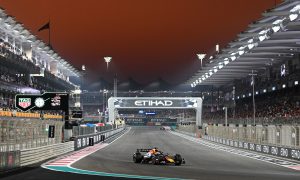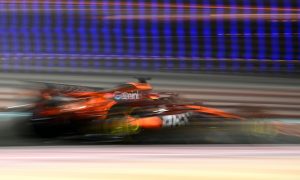
You would be hard-pressed to find an F1 driver who doesn’t like mighty Suzuka, a circuit that sits alongside Spa and Monaco as one of Grand Prix racing's most challenging venues.
Designed by Dutchman John Hugenholtz, the track's demanding and flowing layout - with its figure-eight configuration, its snaking 'S' curves, Degner corners and pulse-pounding 130R - demands skill, concentration, focus and fitness.
And also a car with high downforce and low drag, or in other words, high-caliber aero efficiency. Cue Red Bull's RB20 which, like its 2023 predecessor, the all-conquering RB19, has put the bulls once again in a league of their own in Japan, with Max Verstappen and Sergio Perez locking out the front row of Sunday’s grid.
Suzuka’s speed trap is located just a hundred yards after the exit of Suzuka’s full-throttle 130R left-hand sweep. The top-to-bottom velocity spread between the field of runners is just 7 kph, which takes away most of the relevancy of the speed trap numbers.
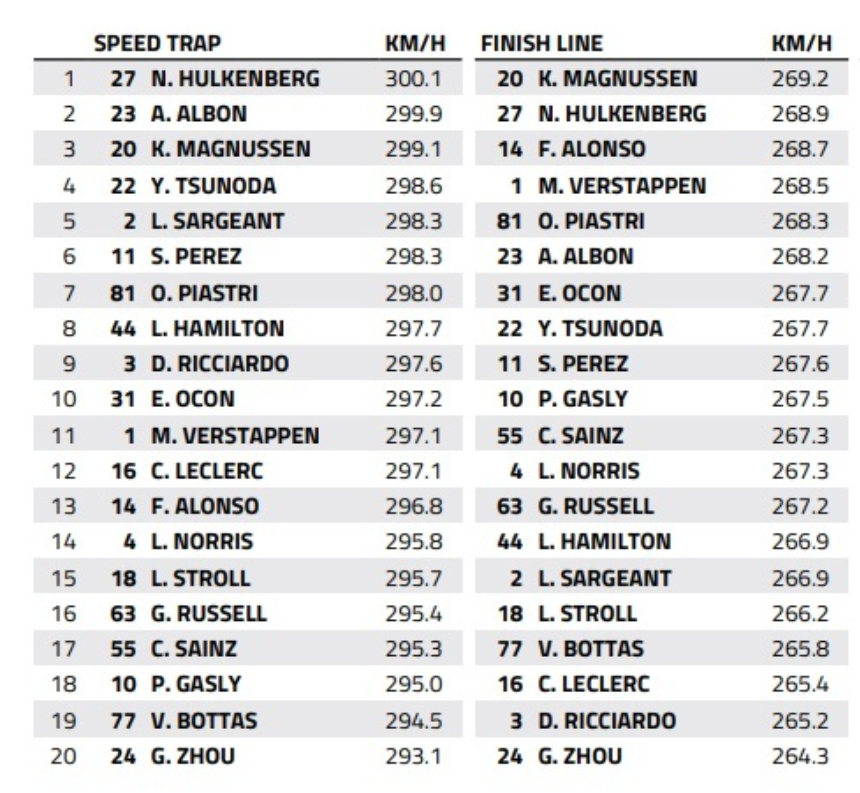
Haas and Nico Hulkenberg nevertheless get bragging rights for topping the data.
There’s little point in digging into Red Bull’s performance numbers in search of a possible crack in the armure. There isn’t one.
The RB20 was quickest in each sector, with Perez edging Verstappen in sector 2, while Max was also able to put the power down – and keep it down – better and longer than anyone else, or 2/3 of his lap according to data analysis provided by @FDataAnalysis on X.
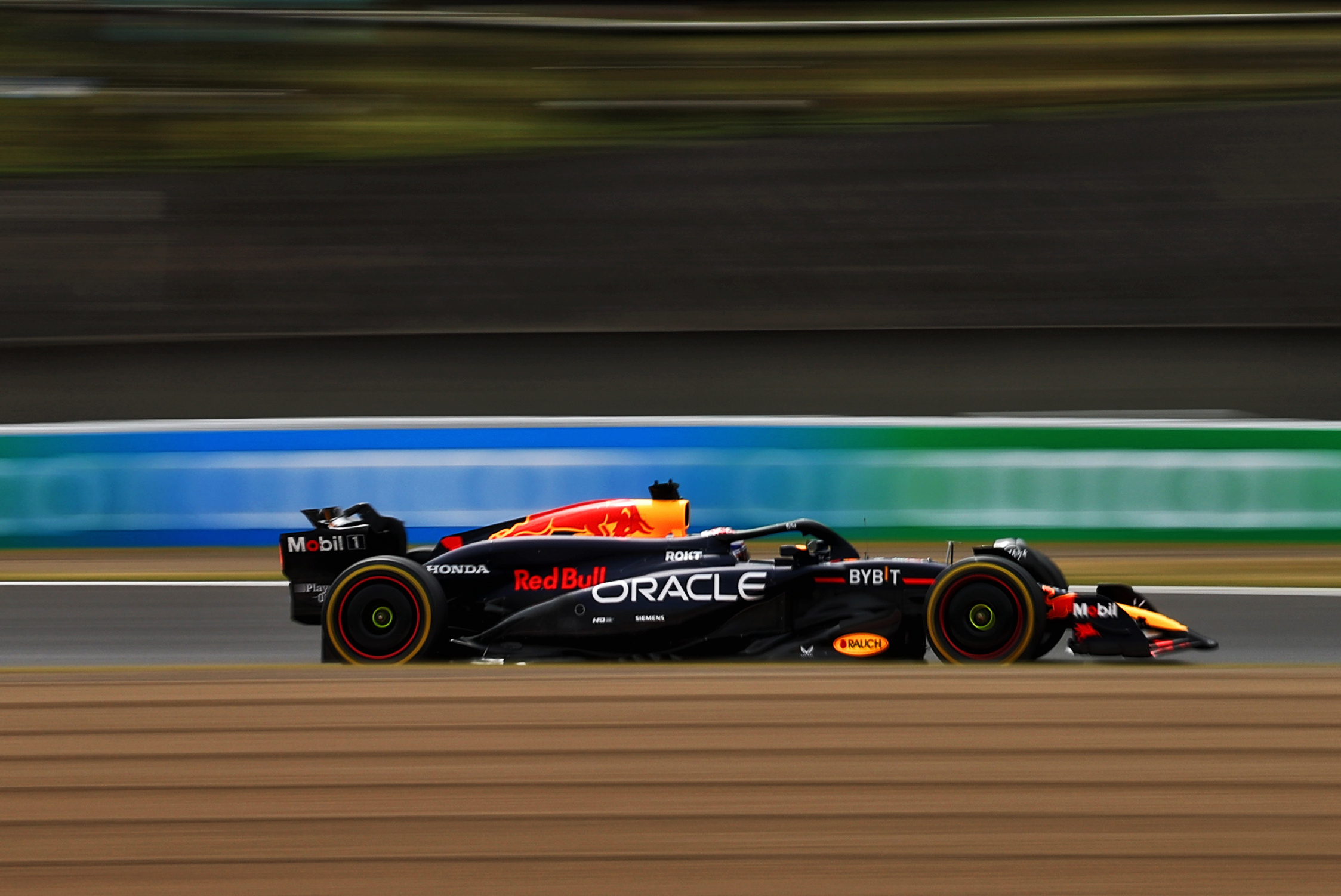
However, the ‘best of the rest’ battle on Sunday looks interesting, with Lando Norris emerging as the favourite to seize the final spot on the podium, barring any unforeseen circumstances.
The McLaren MCL38’s significant downforce was a big asset for Norris in S1, where the Briton was just 0.02s down on Verstappen. However, drag is still weighing – in very relative terms – on the MCL38’s one lap performance as its lower tier top speed indicates.
Mercedes’ W15 has a similar profile: strong downforce but drag eroding pace on every straight.
As for Ferrari, Carlos Sainz and Charles Leclerc’s performance in qualifying was mediocre at best. Why? Lack of grip and lousy top speed. This was especially notable in S3 where the Italian outfit's cars were slower than Hulkenberg, Albon and both RBs.
In summary, the Japanese GP is Red Bull’s to lose. But the battle behind the bulls remains wide open, with astute tyre strategy most likely coming into play.
Pirelli F1 boss Mario Isola has indicated that all three of its compounds are worthy to be included in any given two-stop plan.
Cool temperatures at Suzuka this weekend mean that even the quicker Soft compound tyre has been listed by the teams’ strategists as a potential first stint rubber with adequate durability.
However, the most logical and safest combo remains the medium/hard/hard.
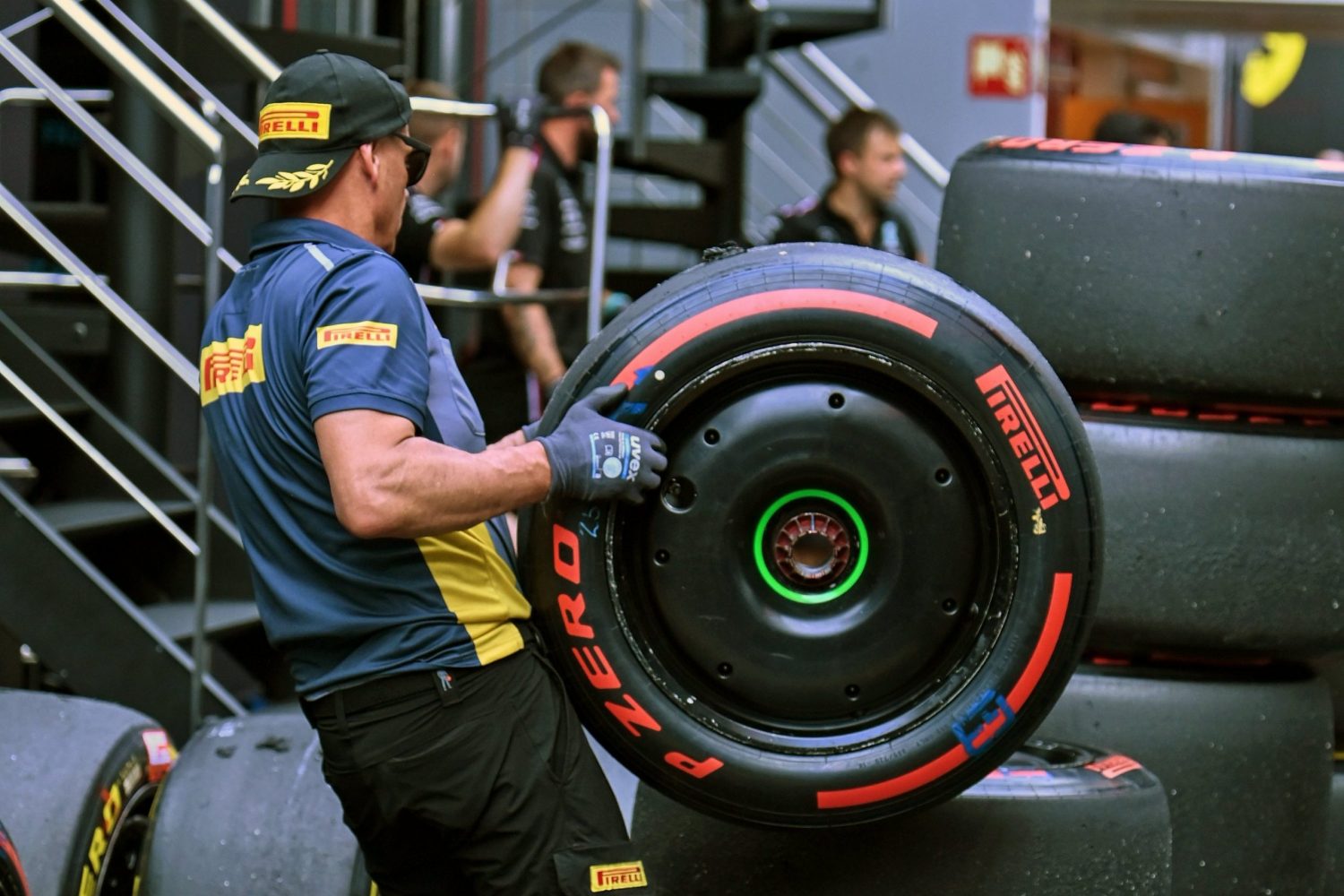
©Pirelli
“The soft is 1-1.2 seconds per second quicker than the medium," said Isola. "And that means that if you want to get the advantage at the start of the race with a compound that is giving you a lot more grip, you take it.
"Sure you have a shorter first stint, around 10 laps, but then you can plan a strategy with the soft/hard/hard - especially with a powerful undercut."
Residual allocations for Sunday’s race mean that Red Bull, Ferrari and Aston Martin only have one hard set available for the race. So the medium will likely come into play for those teams at some point.
Finally, add degradation to the mix and strategy gets murkier than pea soup.
“It's difficult to give you a single fastest strategy because it will depend a lot on position on track, and the situation after the start," concluded Isola.
"That for me is a lot more interesting because at least we see the teams and their strategy engineers having some headaches tomorrow."
Keep up to date with all the F1 news via Facebook and Twitter




